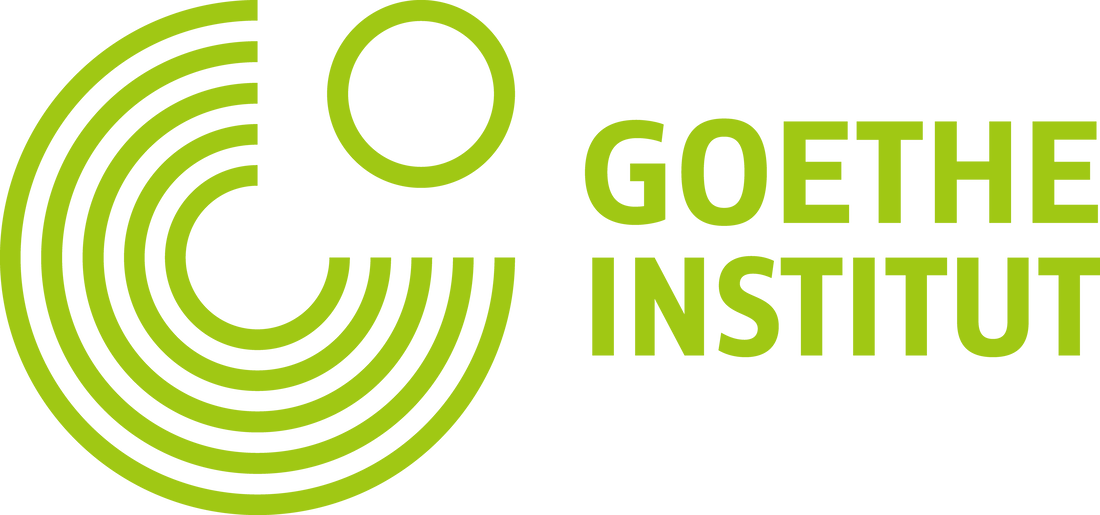How To Workshop Series: Research
|
Common Lab Research Team:
Max Spielmann, Rainer Rosegger Hyperwerk Institute for Postindustrial Design Annita Mordechai journalist, researcher, producer With the contribution of Sotirios Bahtsetzis ArtBOX, Common Lab scientific advisor How To Research is an ongoing workshop series, taking place throughout the project. Dates so far: Workshop #1: 13-14 May 2020 Workshop #2: 3-4 June 2020 Workshop #3: 9, 15 July 2020 Go to our Resources page to find out more about Theory of Change and Social Reporting Standards.
|
contactTel.: +30.2310.22.46.26
Email: info@artbox.gr |
Common Lab's Manual for Social Innovation through Art, aims to empower communities to overcome crises.
Common Lab is based on the experience gained through Project LABattoir, which concluded according to plan at the end of 2019. |







